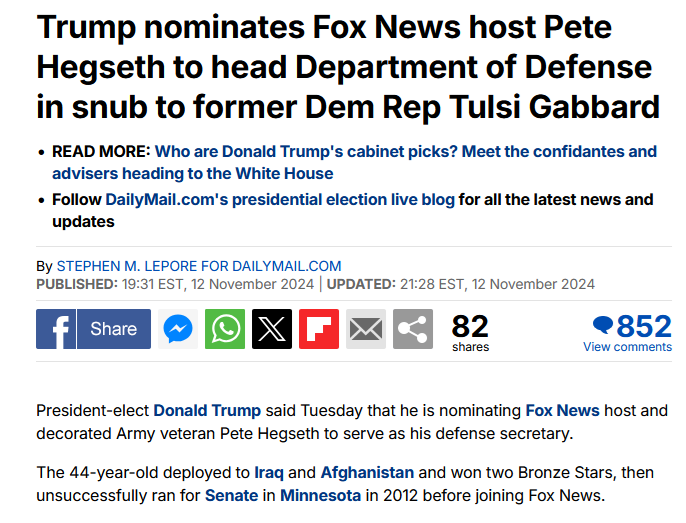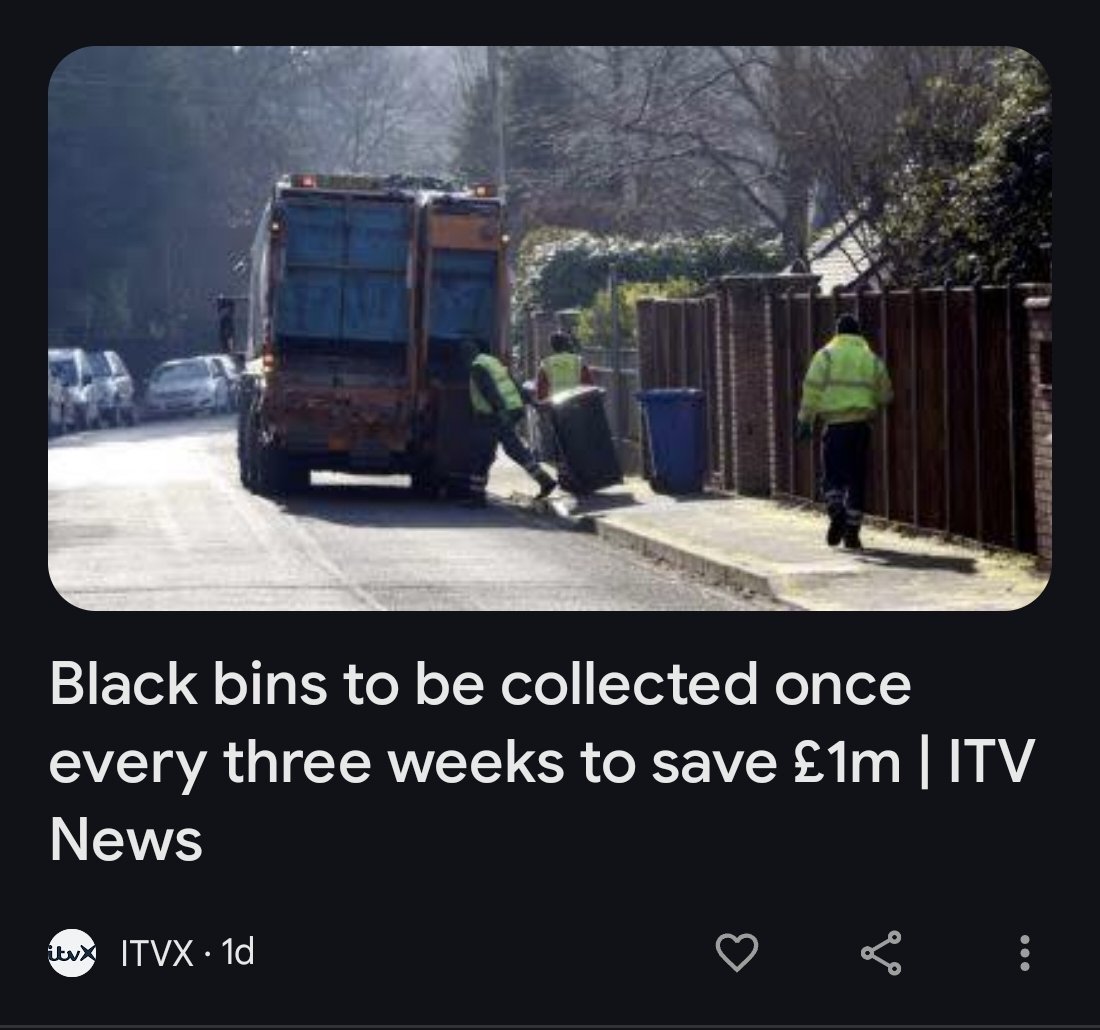cross-posted from: https://hexbear.net/post/3899632
Bhadradri Kothagudem District, November 14, 2024: The Congress government, which is completing one year in power, has been running a bulldozer government in the state, Communist Party of India (Maoist) Telangana State Committee spokesperson, Comrade Jagan, has alleged.
In a statement issued to the media on Thursday, Comrade Jagan claimed that Chief Minister A Revanth Reddy was working for the benefit of corporate companies and earning commissions on a large scale from the companies’ investments. During it’s one year rule, the Congress government has forsaken its election promises and suppressed the fundamental rights of the people. Efforts were being made to hand over Telangana’s resources to corporate companies, Comrade Jagan alleged.
On the pretext of building a world class Hyderabad, the government has taken up the Musi river front project and formed the HYDRAA, to which extensive powers were given to run a bulldozer government, Comrade Jagan stated.
Leaving out massive illegal structures built by rich and affluent, the government was targeting the poor and middle class families who built houses with hard earned money and with permissions. In doing so, residents were not given notices or prior information, Comrade Jagan declared, also objecting to the government’s decision to permit the Indian Navy’s very low-frequency (VLF) radar station in 2900 acres in Damagundam reserve forest in Vikarabad district. It would lead to destruction of Ananthagiri hills and affect the livelihood of thousands of families, Comrade Jagan said.
Commenting on the pharma village proposed in Lagacharla of Kodangal, Comrade Jagan said that the government was plotting to loot natural resources and agricultural lands of farmers. The farmers who were losing their lands resorted to militant agitations but the government distorted their legal fight and foisted illegal cases against them, Comrade Jagan alleged.
As soon as it assumed office, the Congress government in Telangana state joined hands with the Centre and resorted to massive attacks on the Maoist party. Hundreds of security personnel were deployed at Dameratogu of Gundala mandal in Bhadradri Kothagudem district and Maoist leader Nallamari Ashok and six Maoists in Karakagudem mandal were killed in the district, Comrade Jagan proclaimed.






